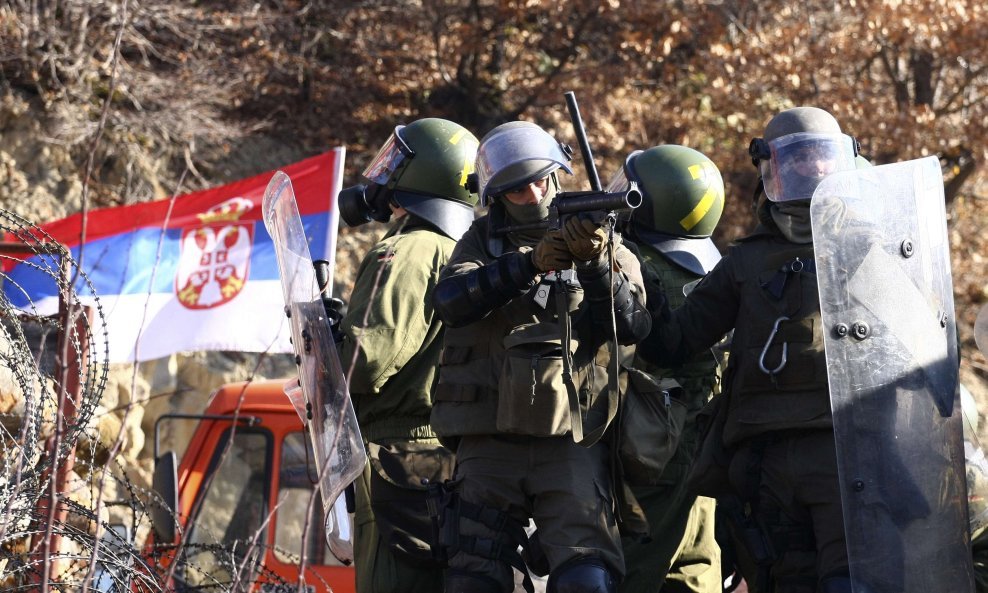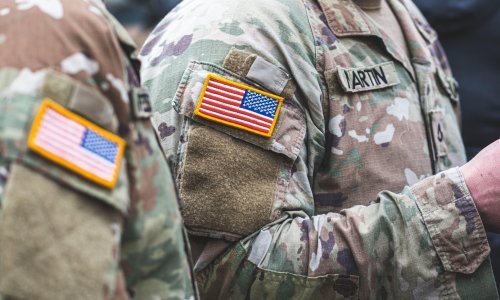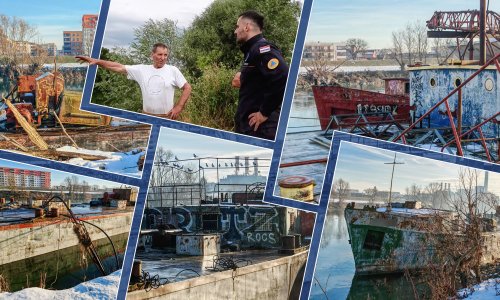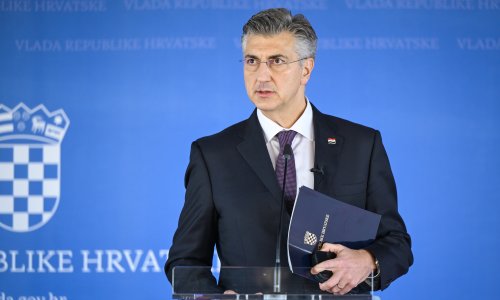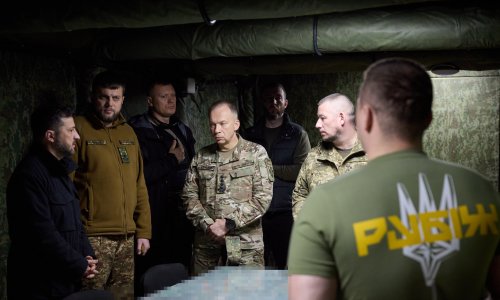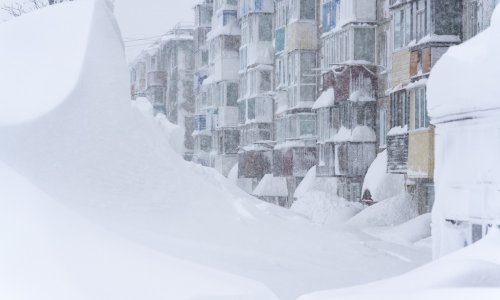Barricades set up in September near the border crossings Jarinje and Brnjak in the north of Kosovo by local Serbs who do not want to be controlled by Kosovo authorities because they do not recognise them, were removed on Thursday, but a few hours later access to Jarinje was blocked again, the electronic media in Belgrade reported.
Citizens living in northern Kosovo gathered in the area between the border crossing of Rudnice in the south of Serbia and Jarinje, blocking traffic on a road leading from the Kosovo village of Leposavic to the Serbian village of Raska, after they noticed members of the Kosovo police and customs service at Jarinje, the media reported.
The Beta news agency said that local Serbs tried to set up a new barricade by unloading gravel on the road, which was prevented by Serbian police who tried to convince them to go back to Kosovo's territory.
Beta said that after the barricade was removed, the residents of Leposavic closed the free road lane to block traffic between Leposavic and Raska.
The Serbian public broadcaster RTS said that early this morning the gravel barricade on the Rudnica-Jarinje road was removed, but that a new roadblock was put up only a few hours later, preventing traffic between Raska and Leposavic.
The local residents set the new roadblock because of their dissatisfaction with decisions and negotiations, claiming that they were not in the interest of Serbs living in the north of Kosovo.
Later in the afternoon, vehicle traffic was not obstructed and it was controlled by members of the EU rule of law mission in Kosovo (EULEX), in the presence of two members of the Kosovo police, the RTS said.
The news agency Tanjug quoted the Serbian government as calling on Kosovo citizens in the north of the country not to set up new barricades and warning about the need to respect Serbia's national interests.
Serbian and Kosovo negotiating teams, through EU mediation, last Friday agreed on the integrated management of border crossings between Kosovo and Serbia. The head of the Serbian team, Borislav Stefanovic, said the agreement would go into force once it was adopted by relevant state institutions and once its implementation was possible.
The integrated control of border crossings, which Serbs call administrative crossings, envisages only one check point on them, without any state symbols. Under the agreement, such checkpoints would be manned by an EULEX representative and members of the Serbian police and finance ministry, a representative of the Kosovo police and a Kosovo customs officer, acting as a customs witness and observer.
Under the agreement, the border crossings Jarinje and Brnjak will have a special status in relation to other border crossings because the EULEX representative on those border crossings will have executive powers.



